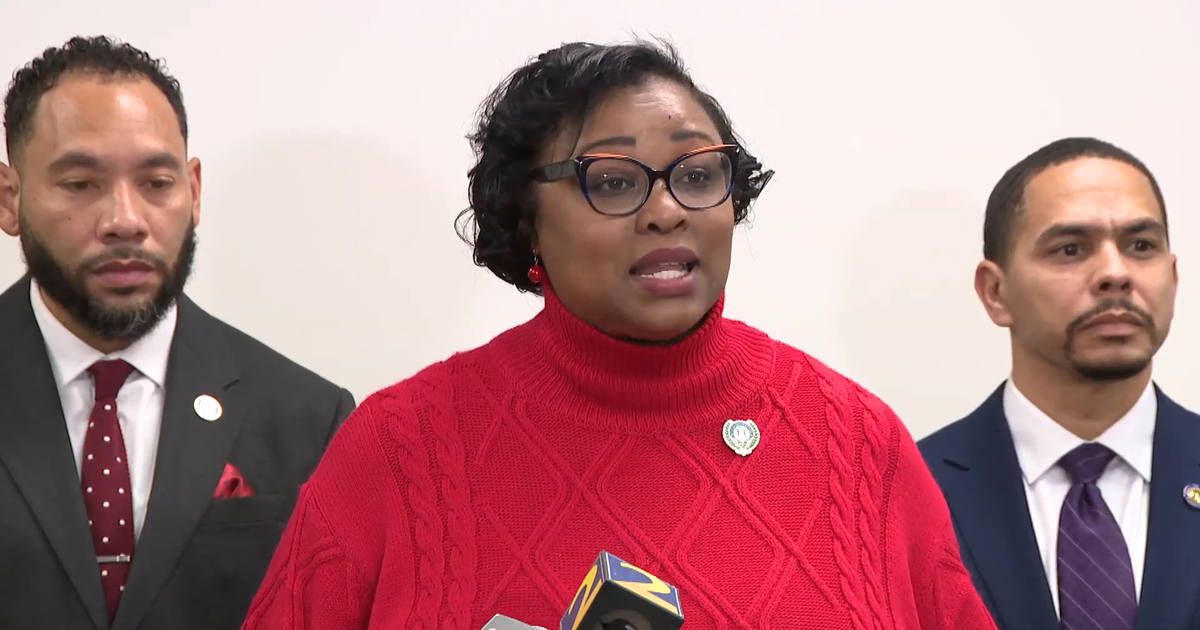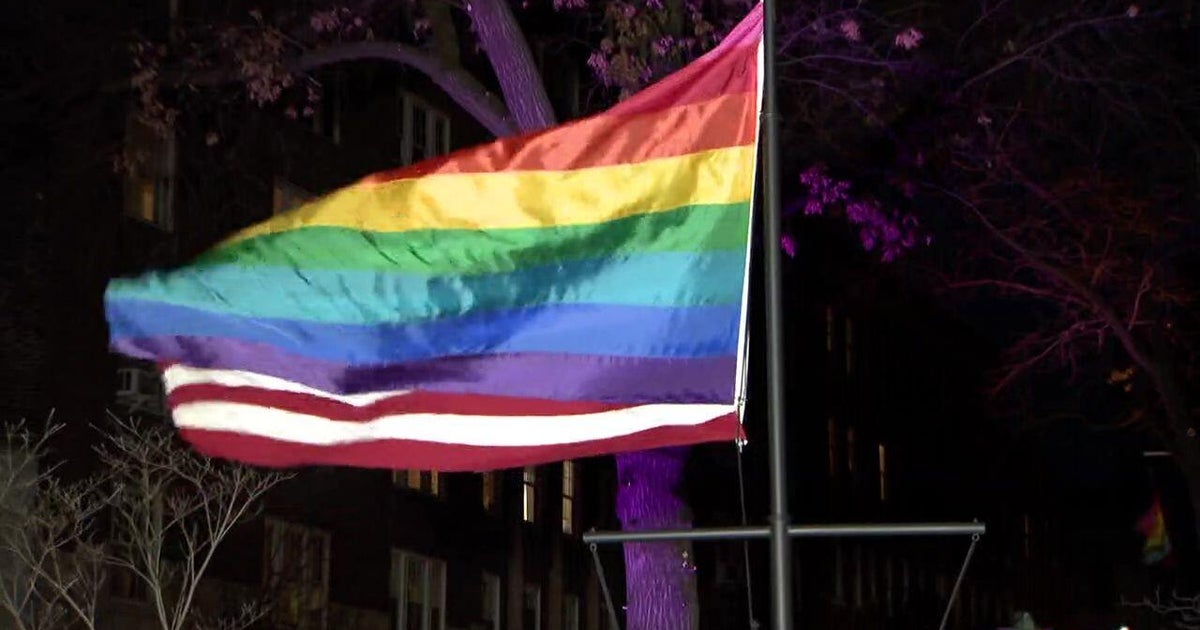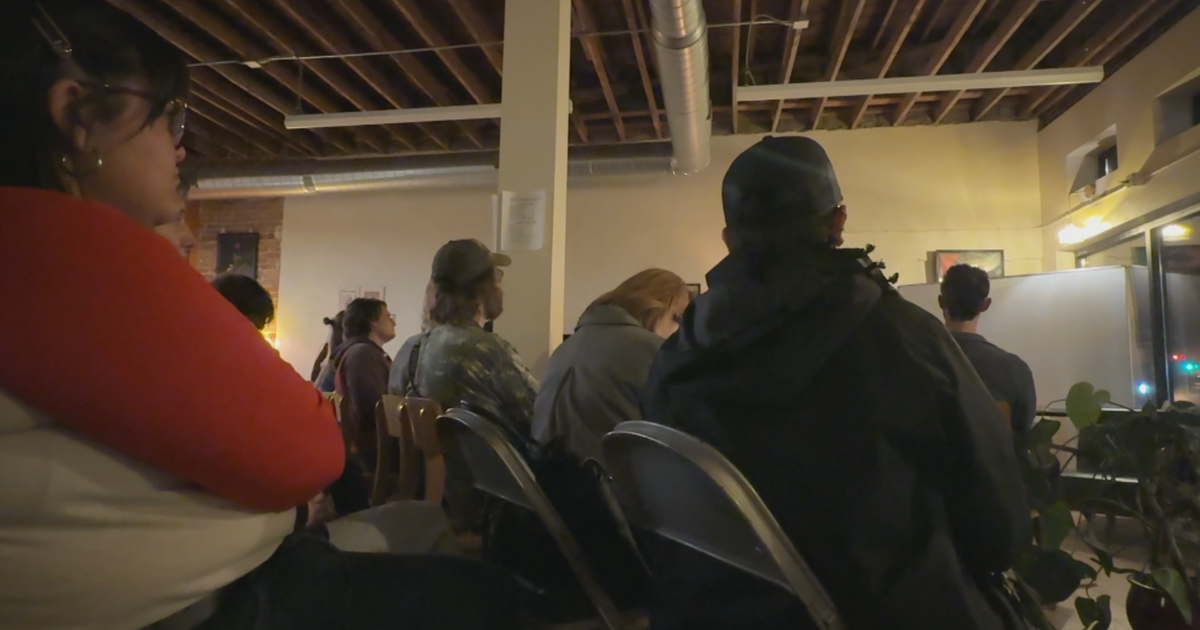Bipartisanship Still Elusive At Minn. Capitol
ST. PAUL, Minn. (AP) — While there's a lot on the agenda when Minnesota lawmakers return to St. Paul next month, the Capitol's leaders gave no strong indication Monday that bipartisanship will be the new standard.
Democrats will be completely in charge for the first time in two decades as they confront a $1.1 billion budget deficit, a still-shaky economy and pent-up demands for new spending.
The men who will hold the five most important legislative jobs met at Monday's discussion, sponsored by Forum Communications. Gov. Mark Dayton was joined by fellow Democrats incoming House Speaker Paul Thissen and new Senate Majority Leader Tom Bakk, along with incoming Republican leaders Rep. Kurt Daudt in the House and Sen. David Hann in the Senate.
Democratic leaders said they'd welcome collaboration from Republicans as they write a new state budget, undertake a reform of the state's tax system, look for ways to supplement K-12 education spending and try to boost job creation.
But the Republican leaders were not ready to say their help would be forthcoming.
"The votes from our caucus are not needed by the majority to do anything they wish to do," said Hann, R-Eden Prairie. "The necessity to have Republican input on anything is not there."
While indicative of the Capitol's new makeup, Hann's stance also reflects a political calculation: Dayton, Bakk and Thissen have all signaled that some new sources of tax revenue are likely to be part of the new budget, as Dayton has suggested with his plan to increase income taxes on top earners. Republicans looking for a comeback in 2014 by regaining the House or capturing the governor's office from Dayton are likely to find common cause against tax hikes.
Hann, who has run for governor before, is the subject of new movement to draft him into challenging Dayton.
Dayton, Thissen and Bakk remained vague about what possible new tax revenues they'd seek among other components of the DFL agenda for 2013-14. But they did send out a few signals.
Thissen said one of the first major issues to be tackled in January would be changing state health care law to comply with the federal overhaul. Bakk said he would push changes to Minnesota's tax system on businesses, meant to assist several major corporations that he wouldn't name; and that he would again try to levy the state sales tax on online purchases, a change sought by many of the state's retailers.
Bakk also said he might back a proposal to allow medical use of marijuana, just a few days after Dayton said he was not inclined to support that as long as law enforcement groups were opposed. Bakk said he believed there might be ways to get those groups on board.
To questions about whether Democrats would use legislative control to legalize gay marriage in Minnesota, both Bakk and Thissen said it initially would not be a top priority out of the gate, suggesting it might make sense to wait until the U.S. Supreme Court's ruling, expected later this year.
Dayton and Thissen said the Legislature might consider new regulations for sand mining in southeastern Minnesota, as the oil and gas extraction process known as "fracking" has created a huge U.S. market for the sand. The sand mining process has created concern about possible health effects, noise and truck traffic and environmental damage.
Thissen said he hoped lawmakers would pursue election reforms to make the process of voting easier. Dayton endorsed that as well, but said he would stick to a previously held principle that all changes to election laws must have bipartisan support.
(© Copyright 2012 The Associated Press. All Rights Reserved. This material may not be published, broadcast, rewritten or redistributed.)







